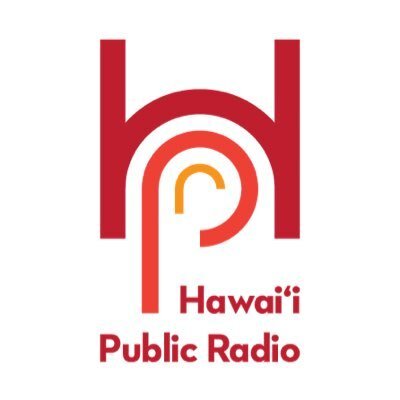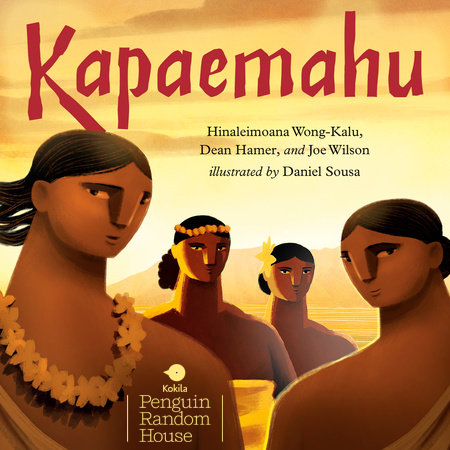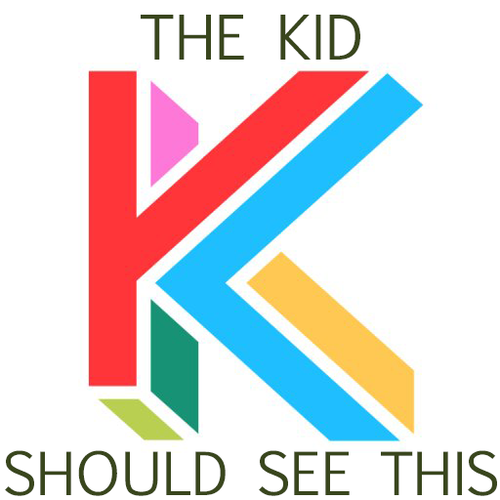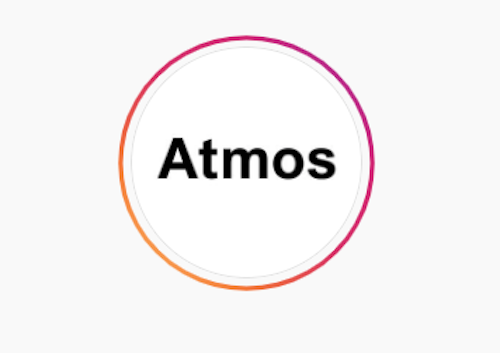Book, Multimedia Exhibition and Documentary on Oscar-nominated Hawaiian Animated Short ‘Kapaemahu’ Announced

Hawaiian animated short, Kapaemahu, created quite a stir at the 93rd Academy Awards this year, as it became the first ever Native Hawaiian film to clear the first round of voting and become an official Oscars shortlist of 10 films in the ‘Animated Short Film’ category. This amazing work is now evolving into other formats including a children’s picture book, immersive multimedia exhibition, and documentary film, all exploring the rich history brought to life by the animation.
Celebrating Pride with Kapaemahu – A Talk Story with LGBTQ+ Communities in Hawai’i

In partnership with POV and Open Society Foundations, PBS Hawai’i hosted an intimate virtual talk story on the challenges and opportunities faced by members of LGBTQ+ communities beyond urban Honolulu.
Kumu Hina on Western and Hawaiian Understandings of Gender and Sexuality

October 11 was National Coming Out Day. Today, Hinaleimoana Wong-Kalu’s coming out story. A respected educator and cultural leader, Kumu Hina met HPR in Waikiki, visiting Kapaemahu, the majestic healing stones at the edge of Kuhio Beach that are linked to healers who were not specifically male or female. Kumu Hina co-produced an Oscar-contending animation about Kapaemahu, Wikiki’s healing stones.
Kapaemahu Children’s Picture Book Pre-Orders Available Now

Published by Penguin Random House, pre-orders of the children’s picture book are available here.
An Indigenous legend about how four extraordinary individuals of dual male and female spirit, or Mahu, brought healing arts from Tahiti to Hawaii, based on the Academy Award–contending short film.
With illuminating words and stunning illustrations by Hinaleimoana Wong-Kalu, Dean Hamer, Joe Wilson, and Daniel Sousa, KAPAEMAHU is a monument to an Indigenous Hawaiian legend and a classic in the making.
A Hawaiian Perspective on Monuments

The global debate on the meaning of monuments and the lessons of history has focused on the long overdue removal of figures that honor racist and imperialist figures from our ignoble past. While this is also an issue in Hawaii – as exemplified by the statue and high school named after William McKinely, the United States President who illegally annexed the Kingdom of Hawaii against the will of her queen and people – our work asks a different question: What of monuments that are dedicated to historyʻs heroes, yet dishonor them and distort history by concealing certain aspects of the heroes’ true identity or the nature of their power? In order to commemorate the past, we need to know and understand it, and to convey it stripped of foreign hegemony.
The Nearly Forgotten Origin Myth of Hawaii’s Third-Gender Healers, As Told by One

“In Hawaiian culture, moʻolelo means story, tale or myth, but it also refers to history. Traditionally passed down through oral storytelling, moʻolelo serve as a connection to the past, carrying wisdom and entertainment across generations. Over the centuries, however, many moʻolelo have been censored or lost altogether due to Western colonisation. The short animation Kapaemahu is an adaptation of a nearly forgotten mo’olelo about four māhū – people possessing both male and female qualities in mind, body and spirit – who brought healing arts from Tahiti to Hawaii. As the story goes, the māhū imbued with their powers four boulders, which stood at a sacred site for hundreds of years until they were forgotten. Told through a modern lens by the Native Hawaiian teacher, filmmaker and māhū Hinaleimoana Wong-Kalu and the Emmy Award-winning US filmmakers Joe Wilson and Dean Hamer, Kapaemahu brings renewed life to this moʻolelo via animations inspired by Polynesian tapa designs and a touch of Hawaii’s recent history.” – Aeon Magazine
Kapaemahu, the Native Hawaiian Story of Four Legendary Mahu Healers

“Both history and legend, this essential moolelo or cultural narrative of Hawaii was passed from generation to generation through oral storytelling. Western colonization of the late 1800s suppressed and concealed this story along with many other cultural treasures. On the shore of what is now Waikiki Beach, the four sacred boulders suffered that fate, too. Their hidden story is revealed with the film Kapaemahu.” – The Kid Should See This
It’s Raining Hawai‘i Films in Hollywood

Local Oscar-listed animated short “Kapaemahu” is just one of more than a dozen recent films to spring from our filmmaking community into the spotlight. “When we started making this film about a Hawaiian legend in a language only spoken by a hundred people in the world, we had no idea that out of 3,000 short films made and 100 that qualified for the Oscars, ours would be one of 10 on the short list,” says co-producer/director Dean Hamer.
He credits nonprofit organization Pacific Islanders in Communications in particular for backing the film and many before it, but also cites the continuum of filmmaking support provided by the Hawai‘i International Film Festival; ‘Ohina Short Film Showcase; PBS Hawai‘i; Creative Lab Hawai‘i; Ō‘iwi TV; and a new effort, Good Pitch Local Hawai‘i.
Meet Native Hawaiian Māhū Activist Hinaleimoana Kwai Kong Wong-Kalu

The Kapaemahu short film director is one of the most visible māhū women today. Here, she explains why equating her Hawaiian third gender with Western terminology constitutes another kind of erasure.
‘Kapaemahu’ Wins Santa Barbara Film Festival Bruce Corwin Award for Best Animated Short

Winner of the Bruce Corwin Award – Animated Short Film at the The 36th annual Santa Barbara International Film Festival is Hinaleimoana Wong-Kalu, Dean Hamer, and Joe Wilson’s KAPAEMAHU
Statement from the Filmmakers of KAPAEMAHU: “Mahalo a nui loa to the Santa Barbara International Film Festival for this tremendous honor. Our goal in making Kapaemahu was to help shine light on an aspect of Hawaiian culture that has been hidden from history for far too long and that, if better known, might help bring healing to a troubled world. Receiving the Bruce Corwin Award for Best Animated Short Film is an extraordinary boost to the journey yet ahead in this project. With gratitude and warmest aloha to all.”